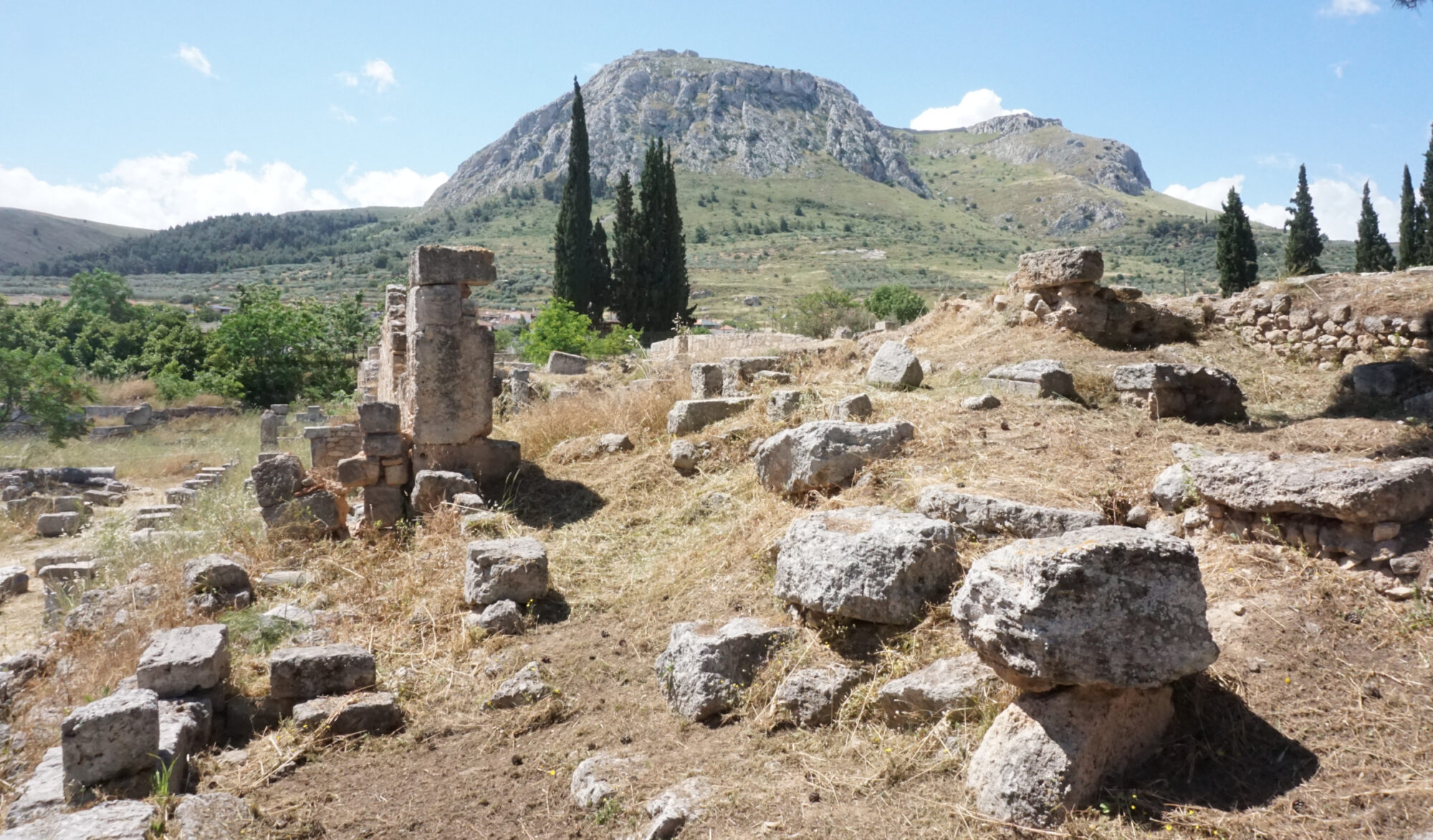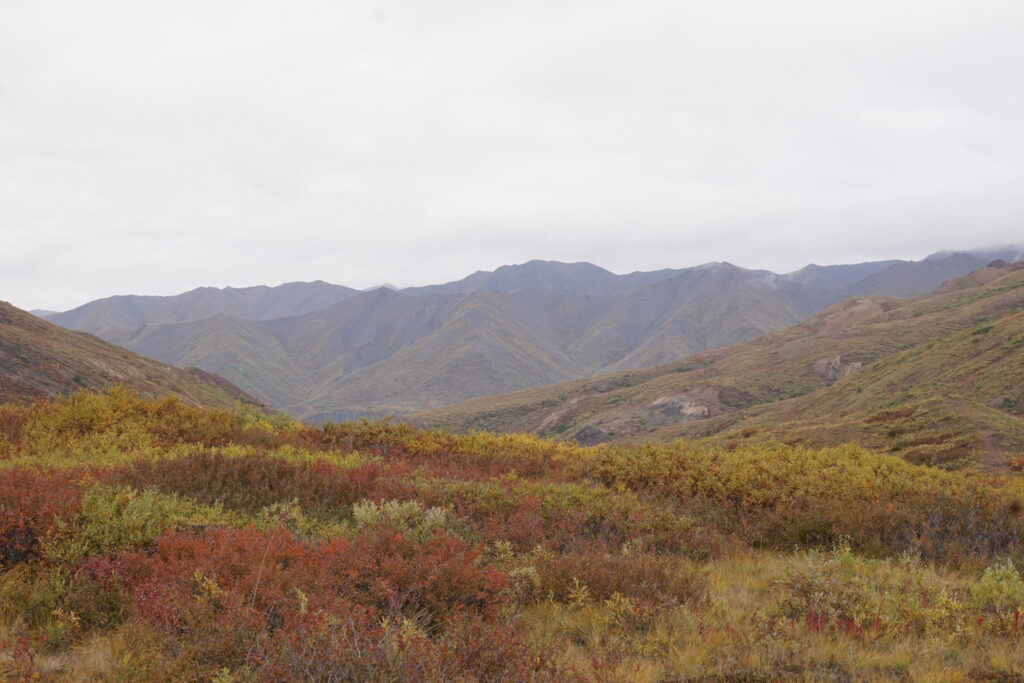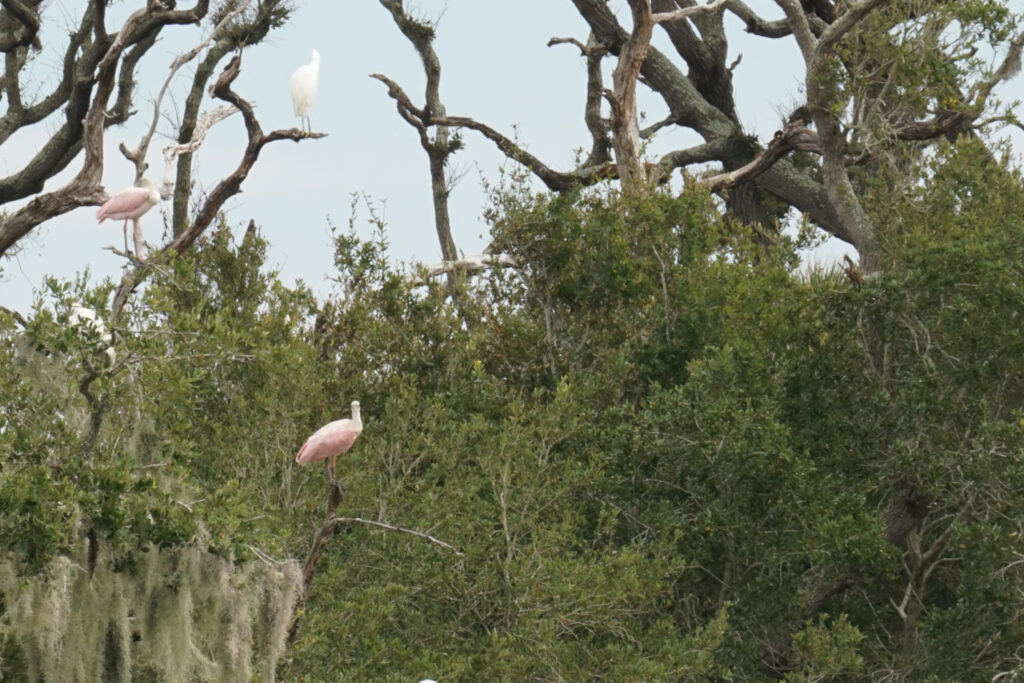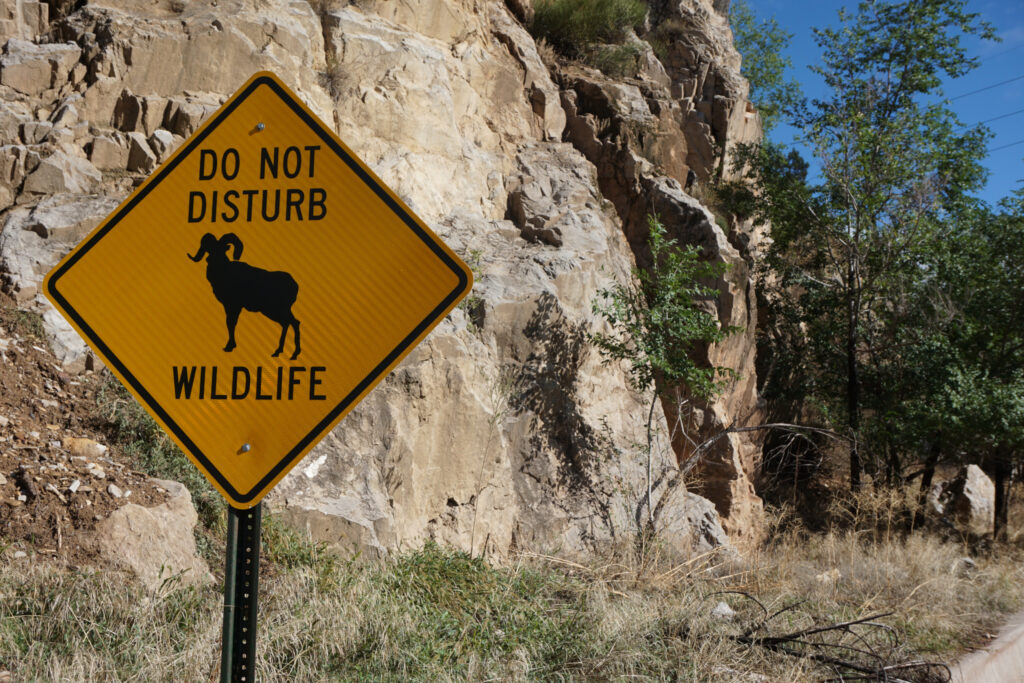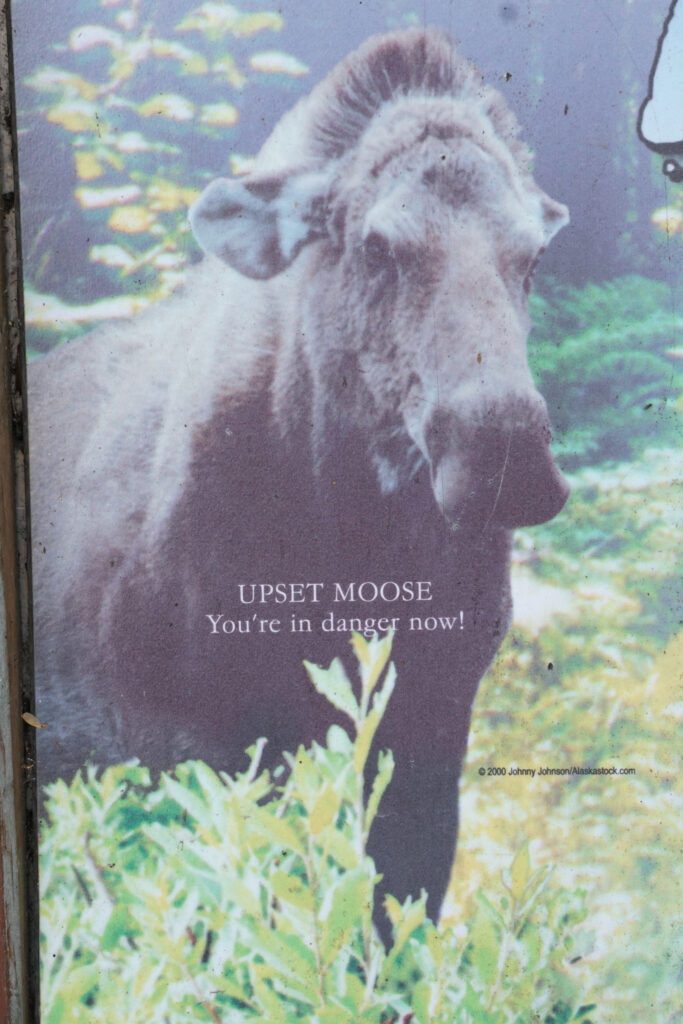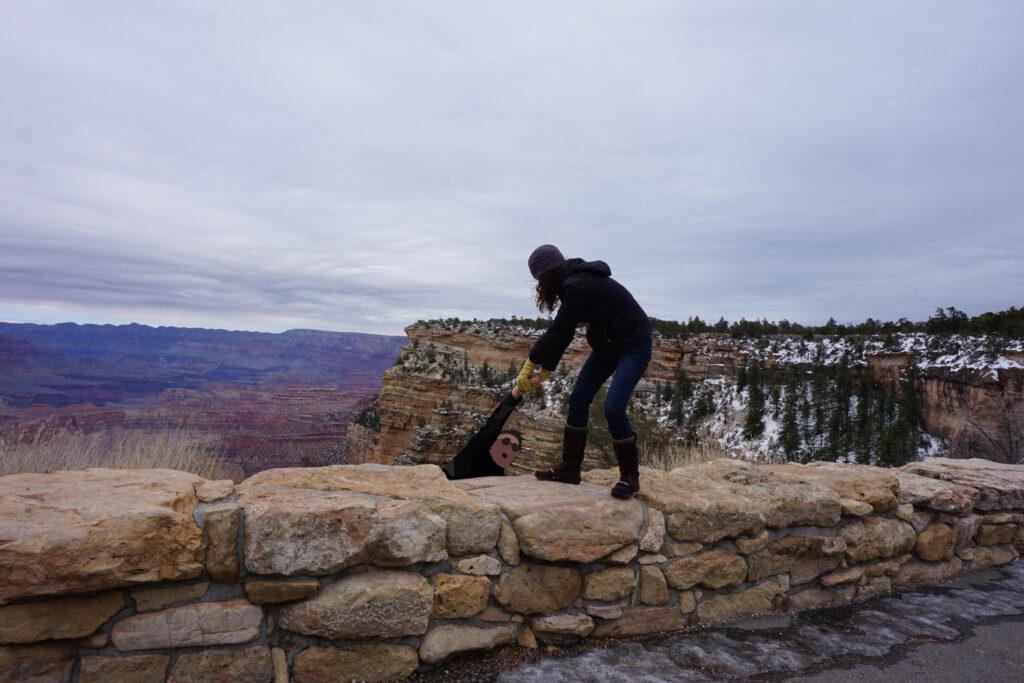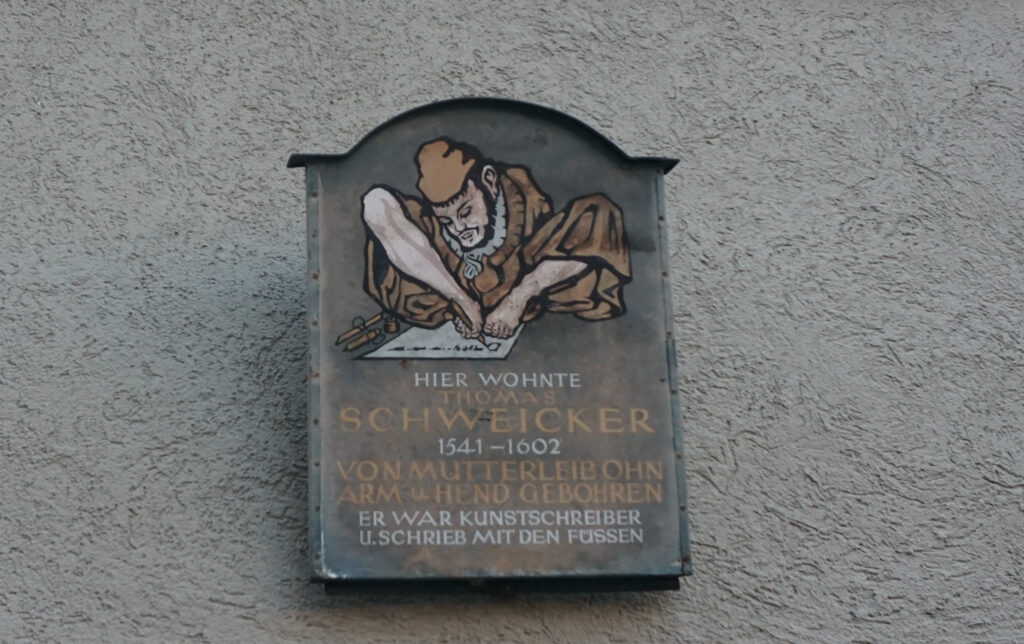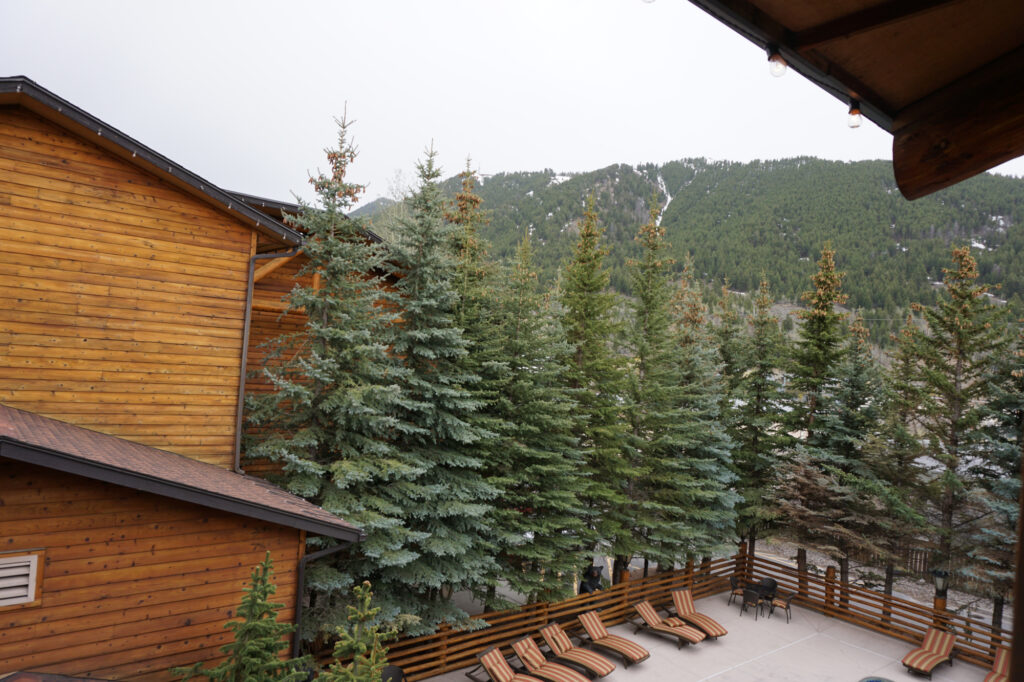
Ruth 1:16 (ESV)—But Ruth said, “Do not urge me to leave you or to return from following you. For where you go I will go, and where you lodge I will lodge. Your people shall be my people, and your God my God.
While on vacation, I’ve stayed in studios with tile floors and beach access, downtown apartments with charming brick walls and dark-stained wood trim, lodges with mountain views, and motel rooms with king-size beds but only a sliver of space to walk around said beds. These homes away from home can of course come with problems. Mattresses with not an ounce of padding. Lack of outlets to plug in electronics. Suffocating smoke smell on every surface.
But that’s the thing about homes away from home, they’re not always comfortable, or clean, or luxurious. The same applies to our temporary home on earth. Money becomes tight. Cars break down. We lose our jobs. Yet, like Ruth, we have a choice about how to deal with the hardships. Do we make our home on earth, or do we make our home with God?
Naomi and Ruth, after loss of their husbands, pondered these questions. Naomi, whose husband came from Bethlehem, urged her daughters-in-law, Ruth and Orpah, to stay in Moab, their homeland, and marry Moabite men. Orpah chose the home most familiar to her; Ruth chose not only Bethlehem, not only Naomi, but also, and most importantly, God. A Moabite widow, Ruth’s life became ripe with hardships. Rather than despair, she made her home with Elohim instead of multiples gods, and God’s provision served her well.
In making her home with God, Ruth gleaned food from the field of a righteous man, a kinsman-redeemer, no less. This man, Boaz, accepted her proposal of kinsman-redeemer and praised her for her high character, working with a closer kinsman-redeemer before being able to marry Ruth. After Boaz and Ruth married, they became parents to a son, Obed, who became “the father of Jesse, the father of David” (Ruth 4:17, ESV)—a genealogical line that continued on to Jesus!
Like Ruth’s earthly home, ours has its share of hardships. But if we make our home with God while on earth, our earthly home becomes a place where God can create a beautiful story that ends with us residing in our eternal home.
